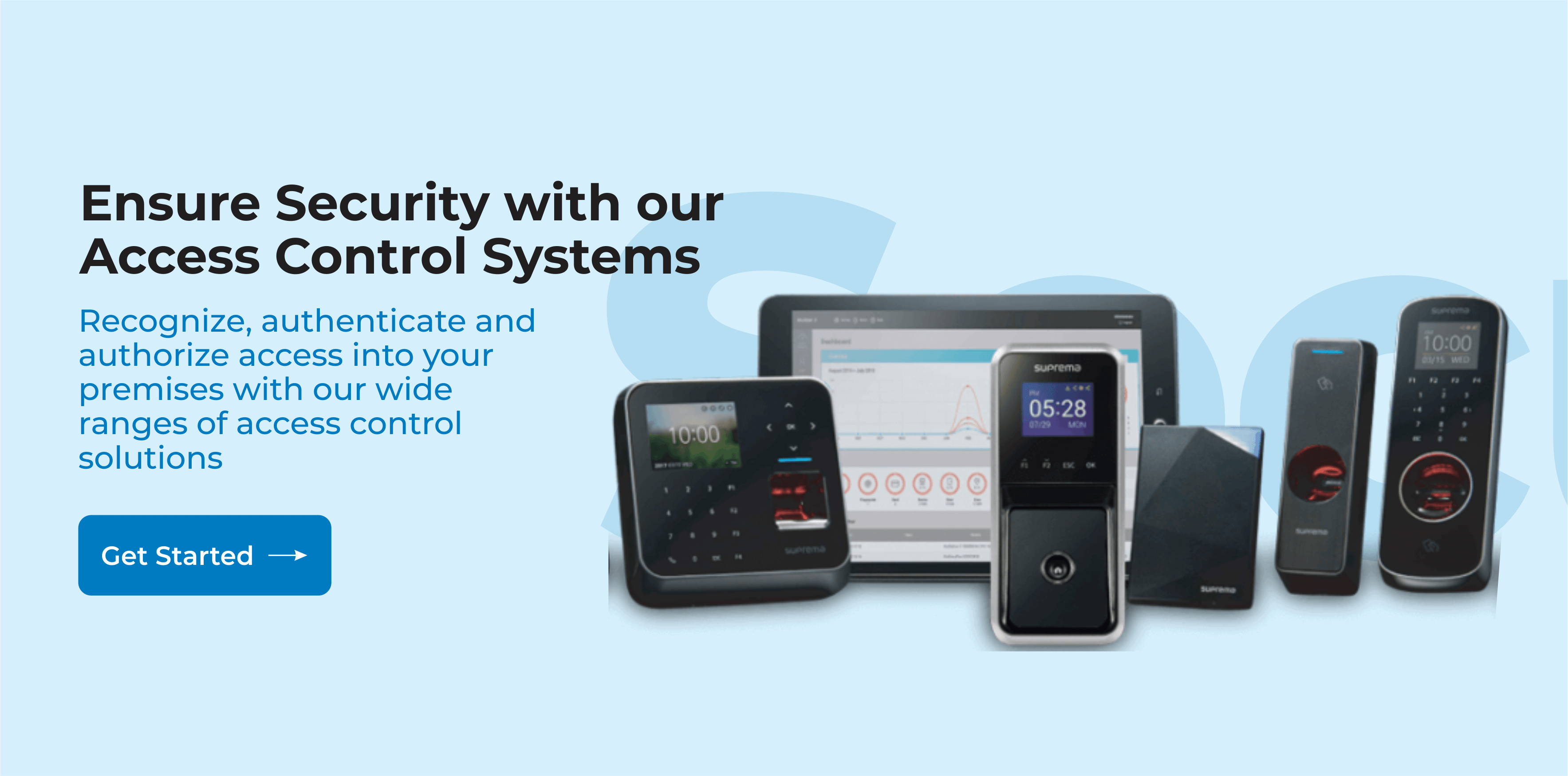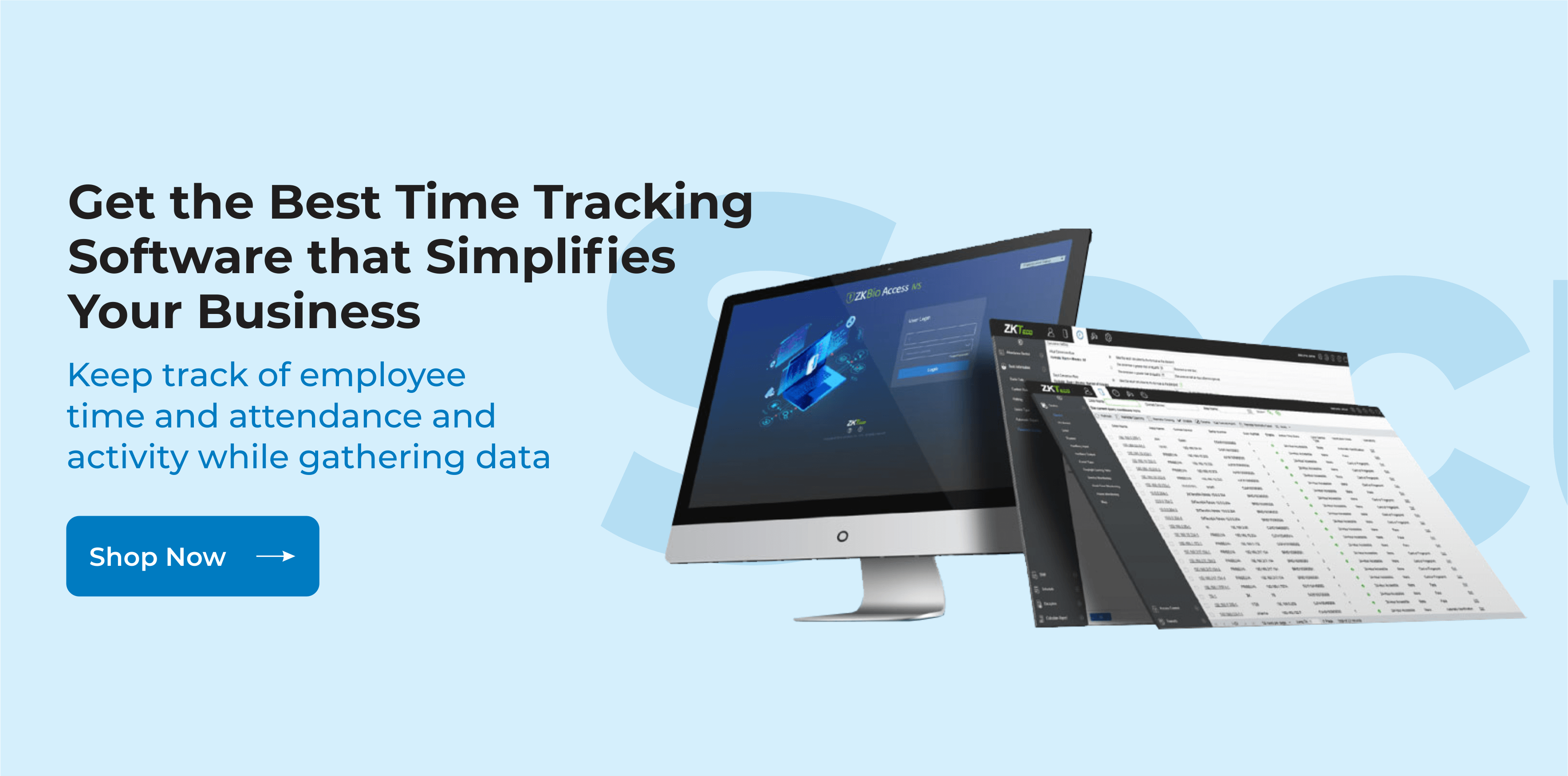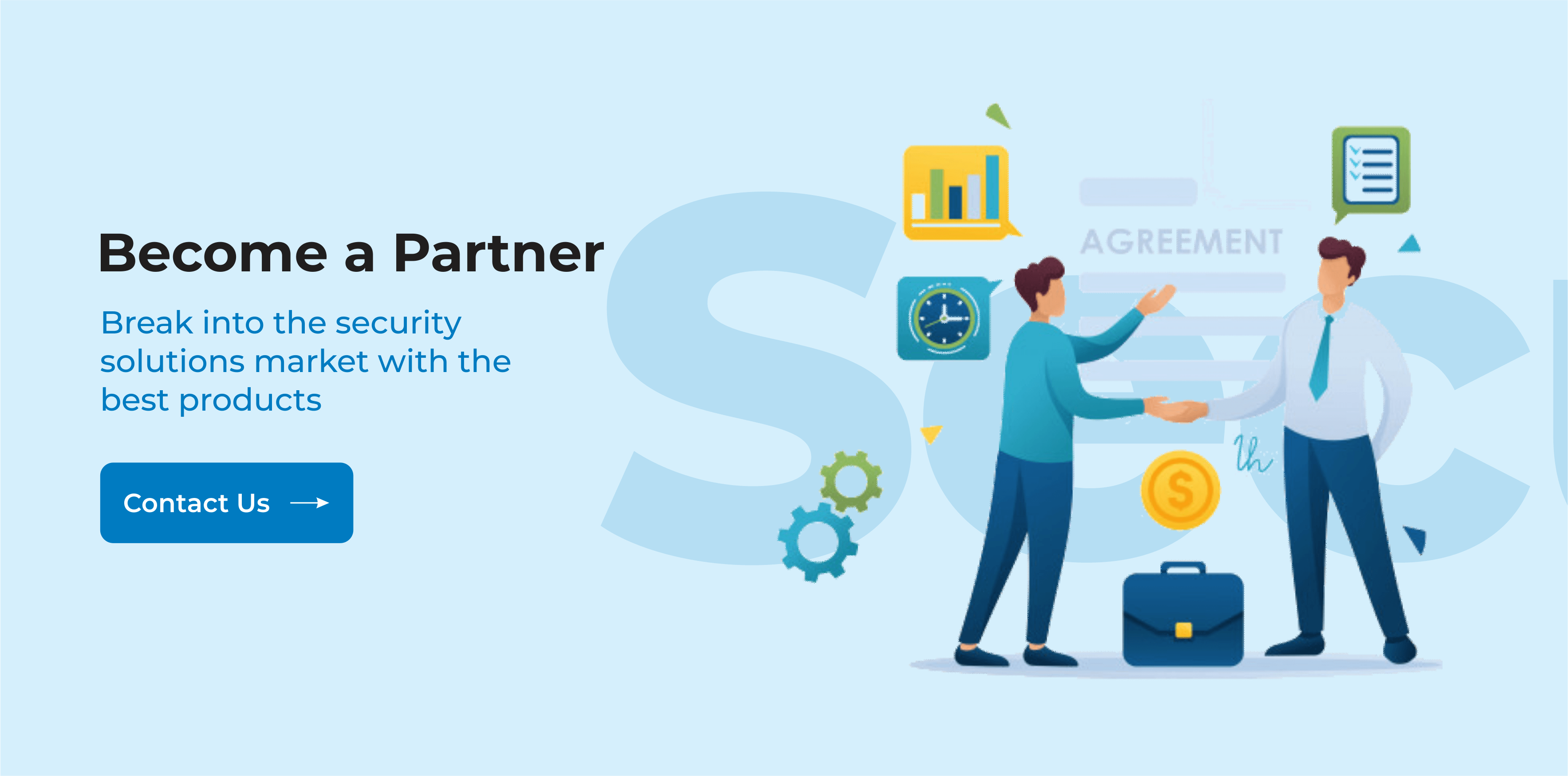
11 Benefits of Implementing Access Control Systems in Your Building
Security is a top priority for businesses of all sizes.
If you work with confidential information or expensive equipment, protecting your business’s assets is essential to success.
Whether you have 10 or 10,000 employees, an access control system can allow or deny access and let your employees go where they need to go.
Understanding access control systems and how they can be beneficial to your organisation can make life easier for your employees, save you money and keep your workplace secure.
“Access Control” is an electronic means of restricting access to a building or designated area, like a restricted room. It may include doors into a building, access to certain areas within a building, or even access to outside gates.
Whether you are a business owner weighing the pros and cons of an access control system, or an administrator looking for reasons to get one, this guide has your answers.

What Are the Benefits of Access Control Systems?
1. Increase Ease of Access for Employees
An access control system allows you to “set and forget” who has access to each area of your business.
Once you give the authorization, an employee can access all the areas they need to get their jobs done.
With the scan of a key card or input of a PIN, the employee can get to wherever they need with ease.
2. Get Rid of Traditional Keys
The use of traditional keys has a few drawbacks.
Restricting access to particular areas requires individual keys.
The larger the building, the more locks you need.
For an individual like a janitor or a high-clearance individual, this can mean a bulky key ring and confusion about which keys do what.
An access control system saves time for those accessing restricted areas and also saves you visits from the locksmith.
Also, keys can be duplicated, leaving you vulnerable to unauthorized access.
If an employee doesn’t turn in their key before they leave your company, you leave yourself unprotected or must get your locks changed.
Access control security does away with this.
3. Save Money and Energy
With access control security, you save money on locks and security personnel.
An access control system can verify a person’s identity without the need for a security guard.
Access control systems can also be integrated with lighting, heating and cooling systems.
Lights can turn on when there are people in a room and will shut off when they leave.
You can also adjust temperatures when no one is in an area to save on energy costs.
4. Keep Track of Who Comes and Goes
Another benefit of implementing access control system is that it gives you data on who enters and exits a building or room and when.
You can ensure people are working when they are supposed to be.
If theft or an accident occurs, you know exactly who accessed a specific area at the time of the incident.
5. Protect Against Unwanted Visitors
A large company creates an opportunity for visitors to go undetected.
One of the benefits of using access control systems is that unauthorized people cannot get in.
Since doors need credentials before they unlock, only those you’ve given credentials to can access the area.
With this system, you can be sure everyone in your building is supposed to be there, whether you know them or not.

6. Give Employees the Freedom to Work When They Need To
When employees work at different times, an access control system lets them enter whenever they need to.
People can come in early without waiting for someone to unlock the doors, and managers don’t have to stay late to lock up at the end of the day.
You’ll have the ability to offer flexible schedules for your employees.
With the management dashboard, you can also check comings and goings without being there yourself.
7. Prevent Against Data Breaches
Health information, financial records and client data are often stored on company-owned servers.
Access control systems can restrict or grant access to IT rooms and even individual computers or networks, so only trusted individuals may access them.
8. Create a Safe Work Environment
Access control systems let trusted individuals inside and keep others out. You have the freedom to do background checks and keep out anyone without the right credentials.
Also, access control systems can keep your employees safe in the case of an emergency.
Doors with lock-and-key mechanisms remain locked, which can be unsafe when a fire or other emergency requires a swift escape.
Through the use of fail safe locks, doors unlock when the power cuts out, so all people can exit a building without the need to fumble for their keys.
9. Reduce Theft and Accidents
You can protect your company’s assets, expensive equipment or even office supplies by controlling access.
You can restrict access to supply closets and computer banks, so only trusted individuals can access them.
Employees know their arrivals and departures are tracked, which deters theft.
Also, lab equipment or chemicals in schools or hospitals can injure people who aren’t trained to use them.
To prevent accidents, you can restrict access to only those who know how to follow safety protocols.

10. Provide Access to Multiple Buildings and Locations
Traditional key-based security gets complicated in areas with multiple locations.
Example, a school with two campuses might have some faculty members that teach at both and some that teach only at one, a hospital with two buildings might need to grant different levels of access to people who work in each building or on each floor, a national or regional company might set security policies at their headquarters to be followed at each branch.
Each of these situations can be managed with an access control system that can customize and implement access permissions across many locations.
11. Comply With Industry Regulations or Security Standards
There are many regulations for data security that need restrictions on physical access to data.
Anyone in the healthcare industry must comply with HIPPA, but most organizations are subject to these regulations as well.
If an employee or student requests a medical leave, records of the individual’s illness must be kept secure.
In the world of commerce, customers’ financial information must be kept safe, and IT Departments must restrict access to servers and digital data.
Do you need access control systems for your homes and offices? Message us now on WhatsApp or check out our website to get started.
